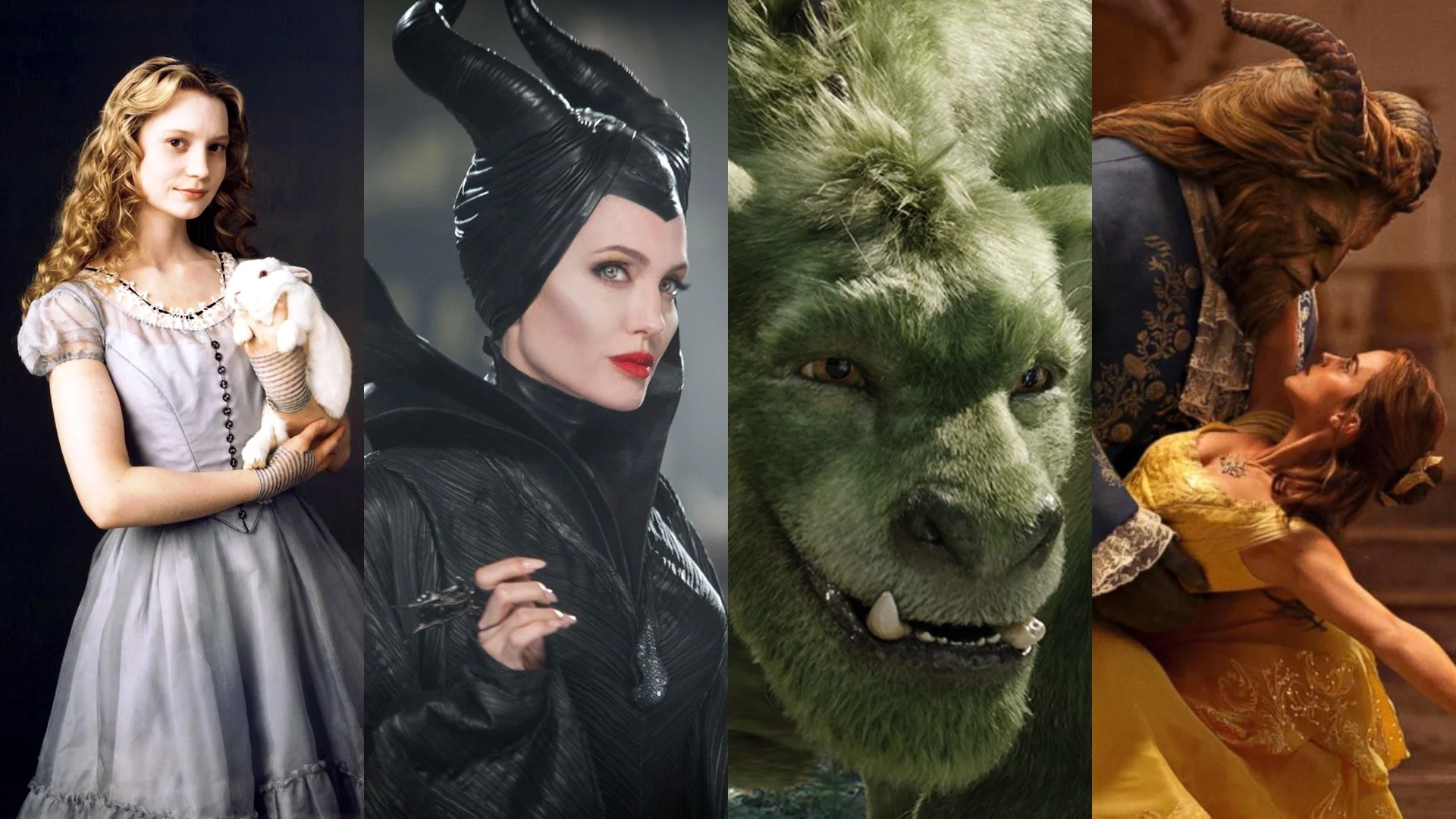Disney Hall of Fame: Pete's Dragon (2016)
It’s easy to dismiss Peter Lowery’s Pete’s Dragon as just another remake in Disney’s seemingly endless endeavor of reselling their beloved classics as live action blockbusters for modern audiences. This is far from unwarranted, as the majority of Disney’s remakes have felt like they’ve been born from a place of obligation above all else — soulless retellings that add little to the stories they attempt to modernize. It’ll be about ten minutes into Pete’s Dragon’s brisk hour-forty runtime that you’ll start to realize it’s different from the rest. The film’s prologue is as deeply affecting as the story that follows: a child climbs from the rear window of his family’s overturned station wagon and into the misty depths of the forest that lines his childhood town. He trudges through the unfamiliar backwoods in tattered flannel and a backpack holding nothing but a picture book, in search of anybody that will take him in, and stumbles onto a 30 foot dragon looking for the same.
Miraculously, Pete’s Dragon never loses that bittersweet mysticism steeped in every frame of its prologue. It’s an honest to god rarity of a film, the simple story of a boy and his dragon learning that you can’t live in your childhood forest forever — reality too often gets in the way. It’s an essential childhood picture, made with equal parts compassion and heartache, about the hard truths inherent in growing up — the importance of love and the bittersweet nature of loss... how you can’t really have one without the other.
Lowery’s ability to tell a compelling story and his remarkable capacity for empathy shine through every moment of Pete’s Dragon, resulting in the rare children’s film that conjures the feeling you got when your mom used to read you a story as you drifted to sleep. The film’s presence is wholly distinct; its interiors feel illuminated by night-light and its exteriors by the sun or moon. The soaring highs of its woodwind score feel like triumphant discoveries, and its peaceful low melodies feel almost recollective — a meditation on time gone by.
Lowery gracefully explores a little boy’s evolving point of view with utmost maturity, capturing childhood discoveries and awe-inducing wonder with the type of sincerity that’d make you forget you’re looking at a CGI dragon and not the real thing. The characters that occupy the small town of Millhaven are defined by their ability, or lack thereof, to process compassion, the family that takes Pete from his carefree adolescent forest and into the comfort of their home do it because they believe in the same philosophy that the film does: Pete deserves to be loved, as does everybody else in Millhaven. What’s important to note is that the industrial deforestation that forces Pete and his dragon, Elliot, from their home is never given a convenient resolution. By the end of the film, Pete and Elliot have found their respective homes, but the one that they shared — that mossy cave just under the base of a tree — is gone forever, and that’s something the two of them have to accept.
Pete and Elliot don’t separate by choice, but the film doesn’t pretend like their magical relationship could end any other way. That’s where so much of Pete’s Dragon’s honesty comes from, and that’s where so much of its beauty comes from — it’s the story of a kid living with a dragon, blissfully unaware of the impossibility of keeping him forever because Pete never learned the concept of impossible. But eventually our forests get cut down — it’s a hard fact learned years ago by the adults that reside in the quiet streets of Millhaven, and one that Pete struggles with and eventually accepts throughout Pete’s Dragon. We’ll all lose that one thing that made being a kid feel so magical; but we find family, we find friends, we put the past behind us and we redefine the meaning of home. And in the film’s breathtaking final moments, as Pete and his new family venture to a cliffside overlooking an endless green plain, he learns that Elliot found a home, too.
There’s something so beautiful to me about the note that Pete’s Dragon leaves us on. The magic that was Pete’s childhood was born in the forest but somewhere along the way it coincided with reality, and now that forest is smaller than it ever used to be. But that wonder isn’t gone… it just lives a little further away, now — residing in the skies above the snow-capped mountains of Millhaven. You can spot it if you look hard enough. It’s an immensely true idea, that our will from childhood grows fainter as we grow older, but what matters is that it never goes away completely. It is not impossible to recapture that sense of wonder. Nothing really is.











